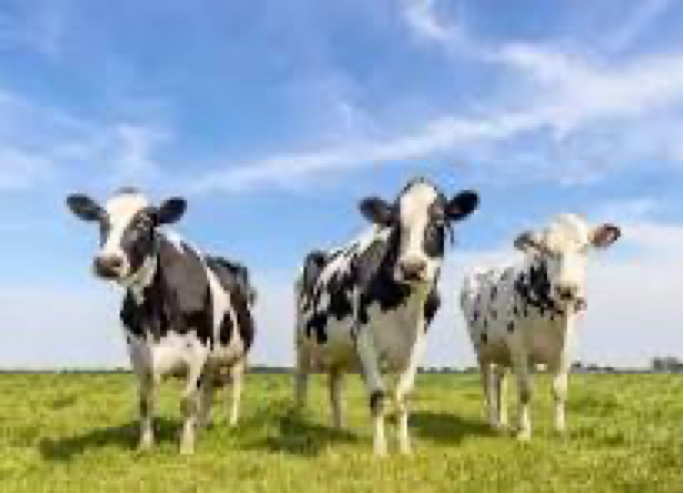Lessons from Cows
- johnmacpsd
- Mar 28, 2024
- 3 min read
Post Brexit I took the opportunity to take part in the Channel Demersal Non Quota Species Fisheries Management Plan consultation. My recollection was that it was quite a motivating experience as there appeared to be a genuine commitment to creating a world class and sustainability fishery.
So how have we done so far?
After a long period of closure, Defra opened the Spurdog fishery last year. Many were encouraged to note that a condition of the fishery opening was that the larger and much older females, the breeding stock, could not be landed. This recognised what needed to be done to achieve sustainability in this fishery, so all good. Sadly it didn’t take long for the commercial sector to begin lobbying to land the larger female fish which if allowed will quickly make the fishery unsustainable. Rather than say no, Defra are apparently looking for a compromise. It is absolutely correct that Defra should support the commercial sector but allowing access to a low value fishery and not learning the lessons of the past is helpful to nobody.
Last year a pilot commercial fishery for Bluefin Tuna was introduced. The allowable fishing method was rod and line which is a sustainable commercial method of managing this fishery. Once again I was encouraged that sustainability appeared to be a key driver in this fishery. All good until I realised that the Minimum Landing Size (MLS) for commercially caught Bluefin allows fish that have just become sexually mature to be landed. I can already hear the cries from Defra, pointing out that they simply followed ICCAT MLS guidance. My response is, leadership is not about following, especially when it’s not helping you achieve one of your key goals which is sustainability of the fishery.
Many of us, from the recreational and commercial sectors, have witnessed the decline of the Pollack fishery over the years so it was encouraging when the FISP project was put in place to get more data to help us better understand what can be done to recover this fishery. The project worked with the recreational sector and has made tremendous progress. At the end of last year Defra gave the commercial sector a couple of weeks notice of a zero Total Allowable Catch (TAC). More stringent fisheries management for Pollack should have been introduced years ago so in that sense it was welcome but how it was implemented across the commercial sector was both unreasonable and unprofessional. Understandably the commercial sector lobbied government hard with the outcome that Defra have introduced a commercial version of the FISP project where they can land, and sell, the Pollack they catch. A knee jerk reaction which potentially sets a precedent for future TAC reductions, ie continue to land the species under the cover of calling it a science project
As the saying goes, “actions speak louder than words”, so on that basis sustainability as a Defra priority, seems to have taken on a much reduced level of importance since those optimistic days when the Fishery Management Plan consultations were in progress.
Sustainability is a key underpin for a healthy fishery, a stable commercial sector and the continuation of the significant socio-economic benefits from the recreational sector, so its clearly not an optional condition.
I can already hear the cries of, “we need more data” to manage our fishery. I agree that more data is needed but the complexities of our oceans mean we will always need more data so lets start from first principles.
Sustainability quite obviously requires us to have something to sustain and its here where we can learn from cows.
Famers ensure their cattle have the opportunity to breed and when the calves are born they are cared for until they are old enough to look after themselves. If our farmers chose to ignore this cycle of life and not let their cattle breed, they would very quickly have no meat or milk to sell
The same applies to our oceans as if we don't let the fish breed and protect the young there will be no fish to eat.
We don't need more data to understand this, and since we know when most of our fish species spawn we can, should we choose to do so, give them the best opportunity to breed successfully.
My challenge to our fisheries management teams is to learn from cows and in consultation with the recreational and commercial sectors, introduce measures to protect spawning and the young fish.
The marine environment is hugely complex and gives us so much more than fish to eat so lets use and act upon what we do know, rather than waiting to find out what we don't know as it could be too late by then.
Johnmac









Comments